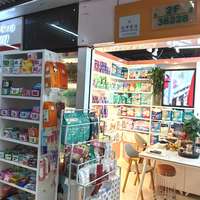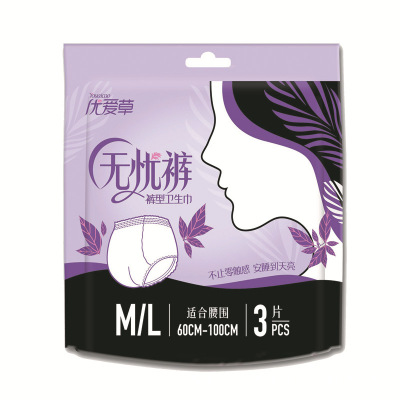The environmental trend of packaging design for sanitary napkins: green packaging to reduce pollution
In today's society, with the deepening of environmental protection concepts, various industries are actively exploring sustainable development paths. As one of the daily necessities for women, sanitary napkins are gradually moving towards green and environmentally friendly packaging design, striving to reduce their impact on the environment while ensuring product quality. Yiwu Haglebo Daily Necessities is located on the second floor of Gate 87 in Zone 4 of Yiwu International Trade City, a globally renowned small commodity distribution center. With its forward-looking perspective and innovative spirit, it is leading the green revolution in sanitary napkin packaging design.
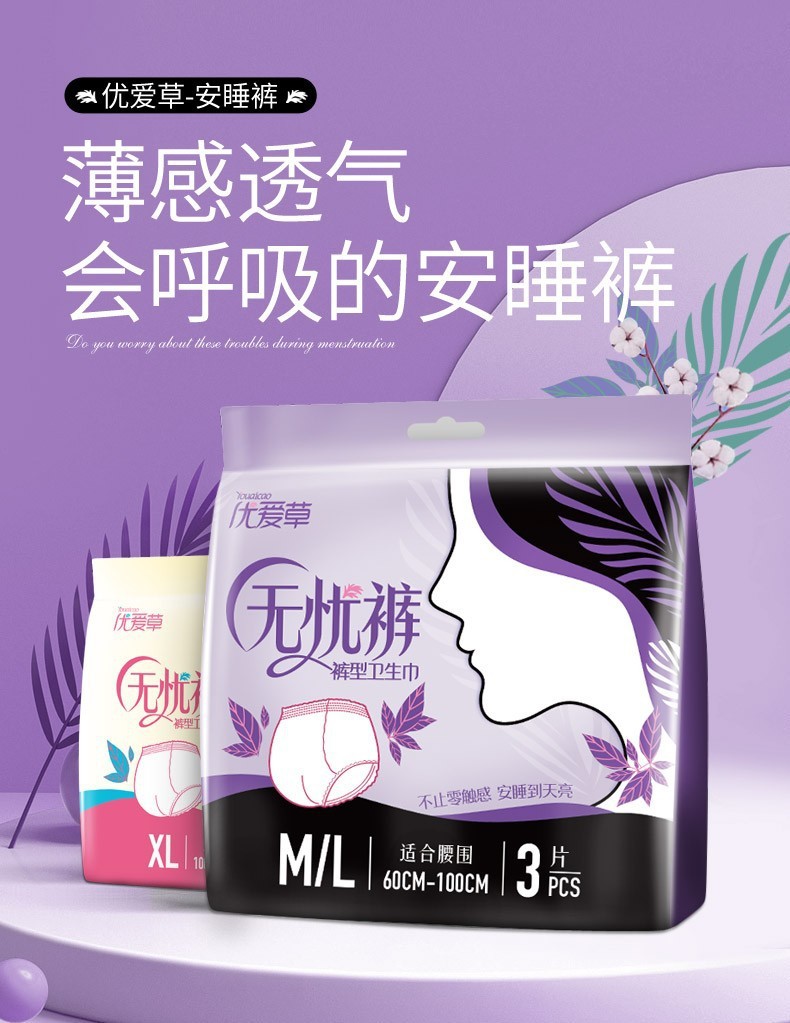
Green packaging: an inevitable choice in the new era
Traditional sanitary napkin packaging often uses plastic materials, which are difficult to degrade and bring a heavy burden to the environment. Faced with this challenge, green packaging has become the solution. Green packaging not only requires materials to be recyclable and biodegradable, but also emphasizes minimizing negative impacts on the environment throughout the entire lifecycle of production, use, and recycling. Yiwu Haglebo Daily Necessities deeply understands this trend and actively develops and promotes the use of environmentally friendly packaging materials such as bio based materials and biodegradable plastics, striving to reduce pollution from the source.
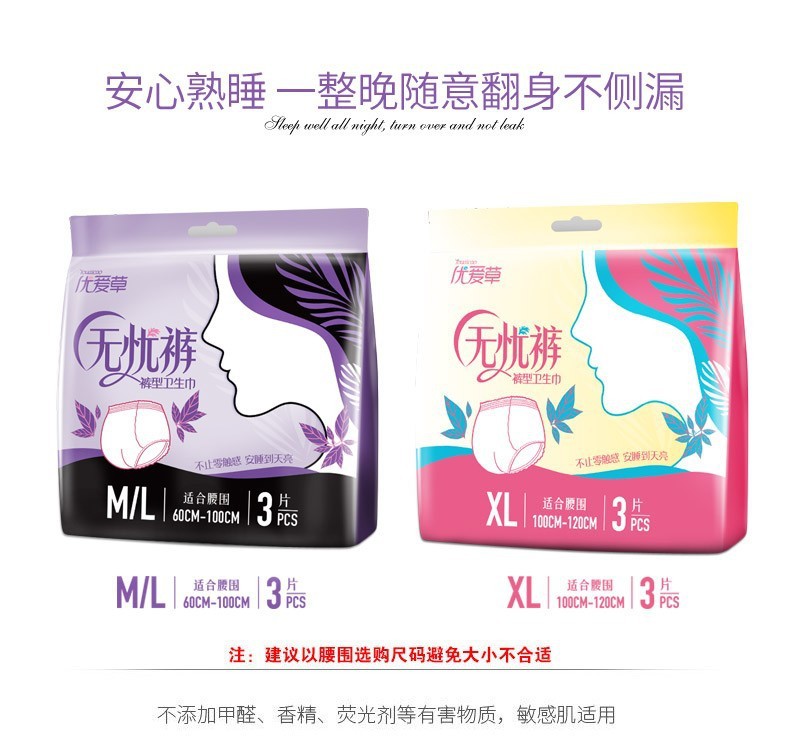
Reduced design: streamlined yet refined
In the wave of green packaging, reducing design is also an indispensable part. Yiwu Haglebo Daily Necessities reduces unnecessary material usage by optimizing packaging design, such as using thinner packaging films and more compact packaging structures, which not only lowers production costs but also alleviates environmental pressure. At the same time, reducing design does not mean sacrificing aesthetics and practicality. On the contrary, Haglebo uses exquisite design to keep its products simple and elegant while also maintaining a sense of refinement and high-end.
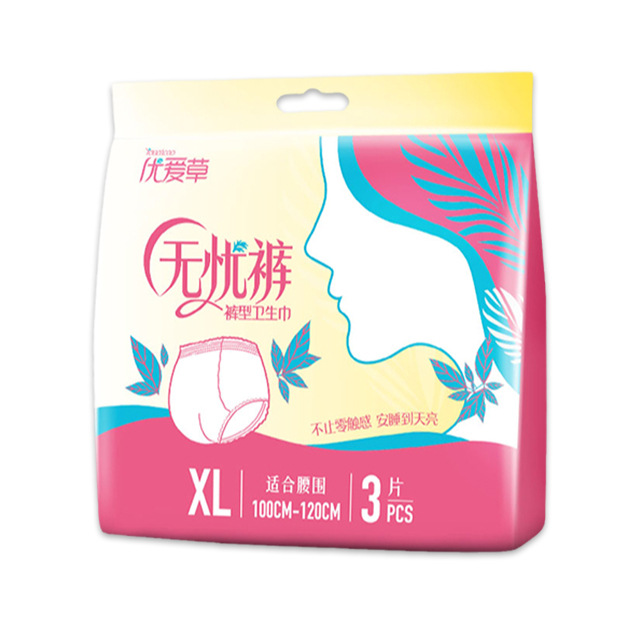
Recycling: Building a closed-loop ecosystem
To achieve true environmental protection, recycling is an indispensable part. Yiwu Haglebo Daily Necessities encourages consumers to participate in the packaging recycling program, by setting up recycling points and cooperating with recycling agencies to improve the recycling rate of packaging materials. In addition, the company actively explores ways to reuse packaging materials, such as converting waste packaging materials into raw materials for other products, in order to build a closed-loop ecosystem from production to recycling.
Technology Empowerment: Innovation Drives a Green Future
Technological innovation is a key force driving the development of green packaging. Yiwu Haglebo Daily Necessities continues to increase research and development investment, using advanced technology to enhance the environmental performance of packaging materials. For example, improving the waterproof and moisture-proof performance of packaging materials through nanotechnology while maintaining their degradability; Utilizing intelligent tag technology to track the flow of packaging materials and improve recycling efficiency. The application of these technologies not only enhances the competitiveness of products, but also provides strong support for the popularization of green packaging.
epilogue
With the continuous improvement of environmental awareness and technological advancement, the green transformation of sanitary napkin packaging design has become an irreversible trend. As a leader in the industry, Yiwu Haglebo Daily Necessities is practicing the concept of green development with practical actions, promoting the development of sanitary napkin packaging towards a more environmentally friendly and sustainable direction. In the future, we have reason to believe that with the joint efforts of companies such as Haglebo, sanitary napkin packaging will no longer be a burden on the environment, but a positive force in promoting sustainable social development.
